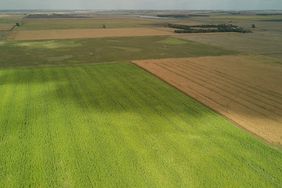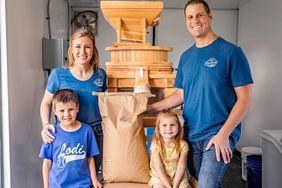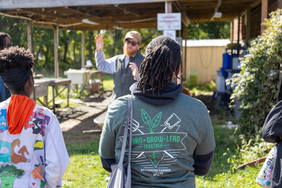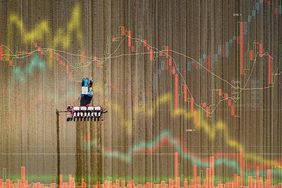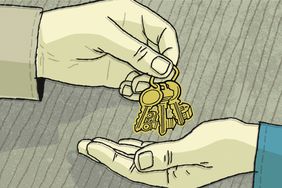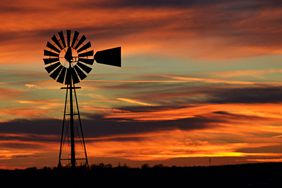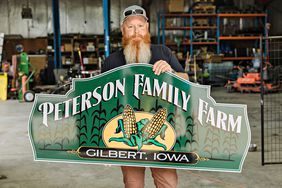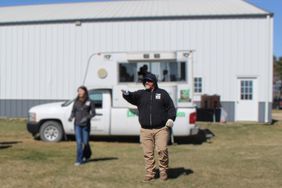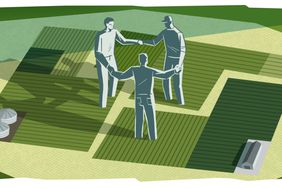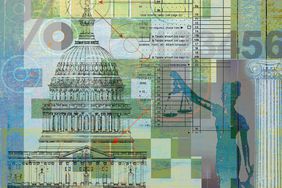:max_bytes(150000):strip_icc()/farmland-dbfac482dd53462fa4f3eaf3a3de7564.jpg)
The days of 2021 are waning. Near the end of any given year, there are some actions that business owners - including farmers – need to consider. Here are five quick recommendations for you.
1. Catch up on accounting.
I've been getting a lot of calls and visits lately from folks who are way behind on their 2021 bookkeeping. I know it's not a fancy recommendation, but the bottom line is that if you don't know your bottom line, then you can't make good year-end decisions, and your CPA can't give you good advice. Besides your profit or loss, get a handle on what large equipment you purchased in 2021 and how that impacts your taxable income.
2. Consider fully funding a retirement plan.
With some plans, the amount you can contribute for the year is dependent on how much profit you'll have this year. That is frequently a mystery until the end of November, especially for a farmer. So, you can look at your profit situation now and calculate how much you'll be allowed to contribute toward a tax-deferred retirement account. Then get the contribution done. Note that certain plans (like a Solo 401K) must be established by December 31 of the tax year you're contributing toward.
Read More: How to plan a family farm transition
3. Manage revenue and expenses.
One big consideration for a cash-basis farming operation is when to sell stored grain. Depending on how 2021 turned out and your expectations for 2022 profit, you may want to get grain sales into 2021 or postpone them into 2022. Standard practice for most small businesses is to push revenue into the future. However, the profit at most small businesses doesn't depend on the weather or wildly fluctuating grain prices. Furthermore, if you look at 2022 and foresee much higher income tax rates ahead, then you are going to want to accelerate profit into 2021 by way of recognizing grain or livestock sales. You can also hold off on purchasing herbicides, pesticides, seed, and other supplies until 2022 as a way to push down profits in a possibly higher tax year. (Incidentally, one farmer told me the discount on seed is always highest at the beginning of October, and each month thereafter the discount goes down until it hits full price at the end of March. That can muddy the water on the decision to delay seed purchases.)
Read More: What is going on with fertilizer prices?
4. Consider purchasing large equipment.
This is a well-worn discussion topic. I don't know how many hundreds of times we've received a phone call in mid-December with a business owner on the other end asking, "Should I buy a truck before the year is over?" Then we launch into the inquiries. "I don't know; do you need truck?" It never makes sense to buy something solely for the tax write-off. You pay $3 to save $1. But, if you need the item sometime in the near future, you have a legitimate tax planning consideration.
5. Think about inflation ahead and the supply chain.
I'm 51 years old, and (thankfully) I have never had to worry about inflation. I know it was a thing in the 1970s and early 1980s because I've heard about it from the folks a bit older than myself. However, I have never had to hurry up and buy something because it might cost 10% more next year. Are we there? I'm no economist, so I'll let you make your own predictions. Maybe this inflation and supply shortage cycle will wane in 2022 or maybe it will continue. If you buy something you need now, then you have it, but maybe you'll pay less for it in the middle of 2022.
Read More: What led to the machinery shortage of 2021 and what to expect for 2022
About the Author: Shawn Williamson is the managing partner of Fick, Eggemeyer & Williamson, CPAs. He has a bachelor's degree in accountancy from the University of Illinois and a master's degree in business administration from Southern Illinois University. Williamson became a certified public accountant in 1992 and is licensed in Illinois and Missouri. He has managed over 1,000 audit engagements, including nonprofit organizations, governmental entities, and for-profit corporations with annual revenues of up to $3 billion. He is also the author of Big Success in Small Business, which is a comprehensive guide to starting and running a small business.

